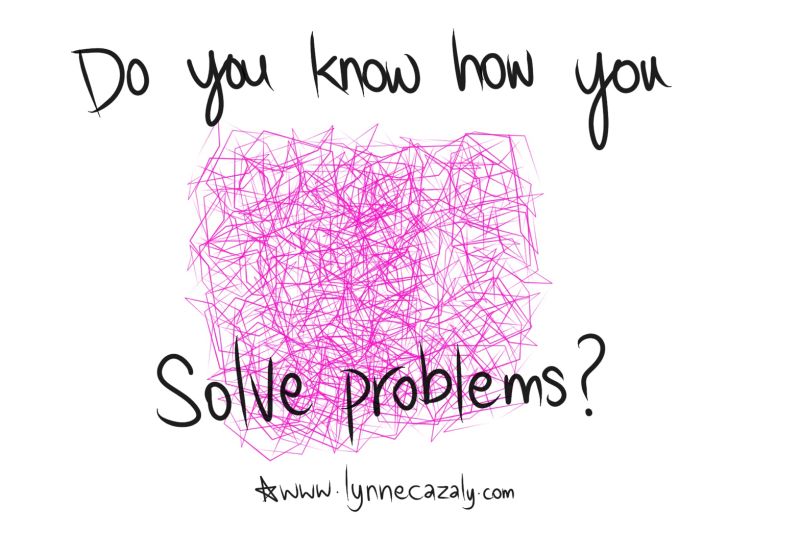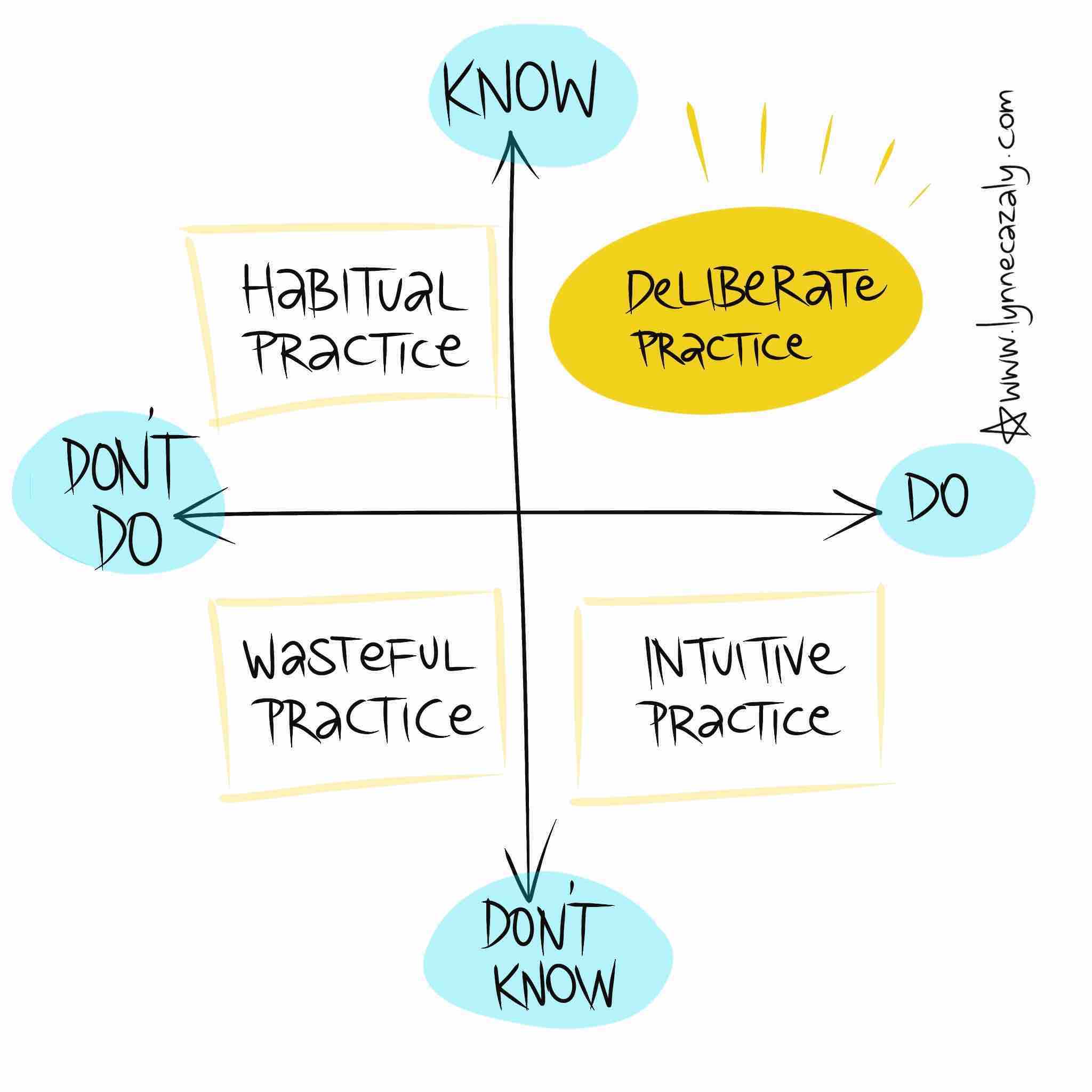So smart ... but making silly decisions
 Thursday, September 23, 2021 at 11:21AM
Thursday, September 23, 2021 at 11:21AM As we try to cope with the overwhelm of daily information, our brains work to protect us ... from ‘over-arousal’.
When it’s all too much, we create oversimplified ways of thinking. It’s easier. But this means we can slip up in our decision making.
WATCH OUT for ways of thinking that are:
1. Binary (yes/no)
2. Intuitive (based on the past)
3. Confirmative (aligned to our biases)
4. Primary Effect (we overlook the ripple effect).
If we can ‘overwrite’ these easy, existing pathways in our brains, we’ll make better choices and smarter decisions.
How to ‘overwrite’ the brain?
🏃♀️ Exercise.
💤 Sleep.
And this has huge implications for when you’re trying to learn new things
Read more in this great article from Worth Media and work on overwriting those simple pathways to progress towards better thinking and decision making.
Now, when can I take a nap? 💤




















